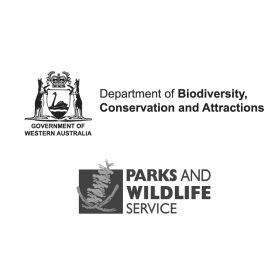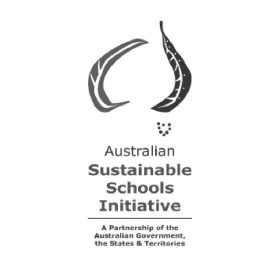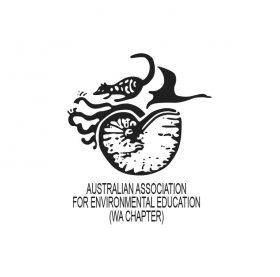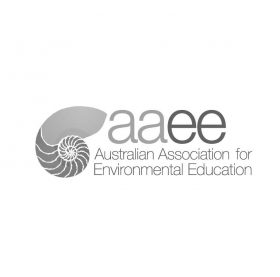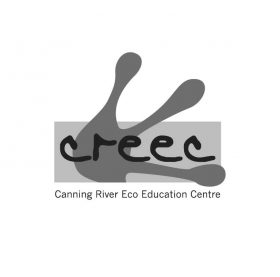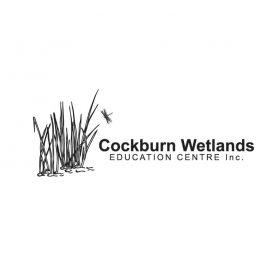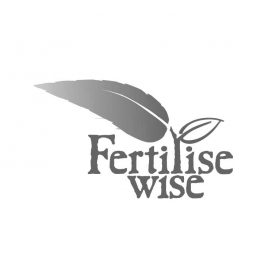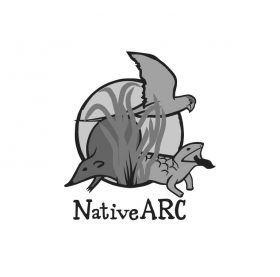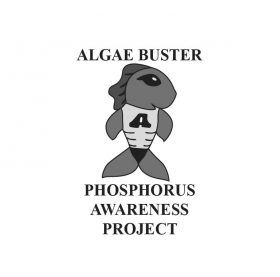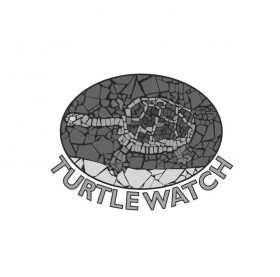Incursions and Excursions
The Phosphorus Awareness Project (PAP) offers a range of incursions and excursions that teach students about catchments, nutrients and algal blooms. They also cover how we can look after our local waterway systems and the animals and plants that live there. Incursions/excursions are linked to the National Curriculum Framework.
Incursions may incur a charge depending on where your school is located. Please download the charge map to determine whether your school can receive a FREE day of incursions.
If your school is not within the FREE Zone or if they are but want additional incursions on other days, the first incursion on a given day will be charged at $214.50 inc. GST and additional incursions on the same day will be charged at $170 inc. GST. Incursions generally run for an hour, but some can be shortened to suit school timetables.
Excursions to SERCUL are $9.90 inc. GST/student/half day, $12.10 inc. GST/student/full day, with a minimum of 25 students. Planting sessions are FREE; however, any additional education sessions as part of a planting session at any location will incur the same charges as an excursion to SERCUL.
Contact Natasha to book an incursion now!
Download the SERCUL Excursion Policy 2024
Incursions and Excursions
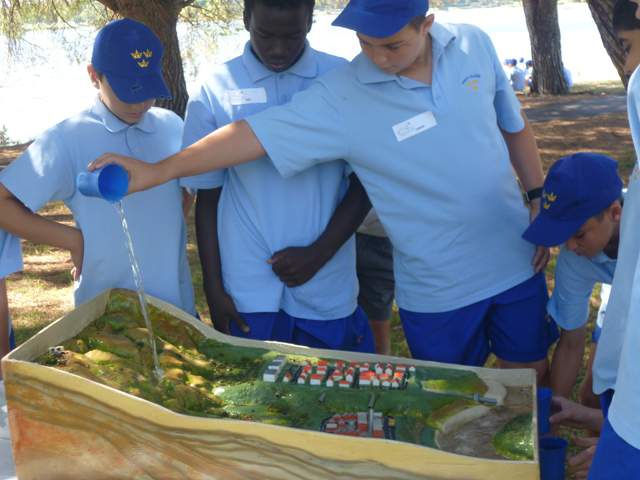
Algae Busters – Catchment Story
(K – Yr 6) | approx 1 hr
Interactive presentation where students learn about catchments, nutrients and algae. Students participate in a fun catchment story about nutrient sources and see first hand what happens when nutrients enter our river and wetland systems. Students also learn how to save our rivers and wetlands.

Turtle-ology!
(K – Yr 6) | approx 1 hr
Students study the life cycle of the Southwestern Snake-Necked (aka Long-Necked) Turtle and discover the various impacts humans have on these special creatures at each stage.

Macroinvertebrates
(All Years) | approx 1 hr
Students have the opportunity to observe the little creatures which live in our waterways up close and personal. Using information and knowledge gained, students help to identify the health of the waterway.

Life Cycles: Frogs, Mistletoe or Dragonflies
(Yr 3 – Yr 12) | approx 1 hr
Students are always interested to learn about the life processes of some of our favourite plants and animals. Select one and participate in activities and a discussion about key stages and the factors influencing its success.
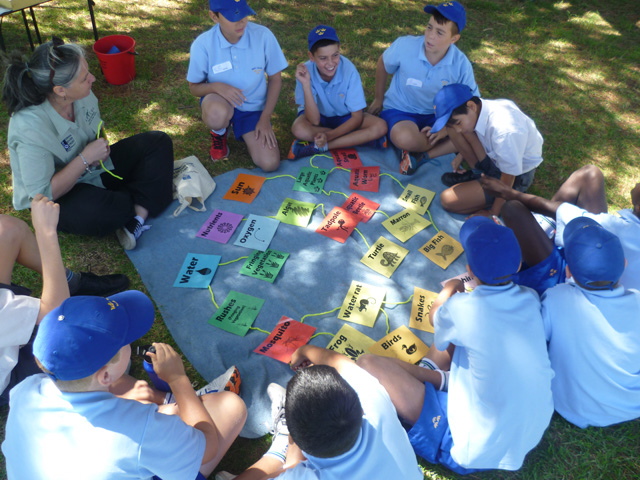
River Food Web
(Yr 3 – Yr 12) | approx 1 hr
Students not only learn about catchments, nutrients and algae but also how complex river and wetland ecosystems are. Students learn how animals and plants interact with other animals in the system. They will discover just how reliant they are on each other when an algal bloom occurs!
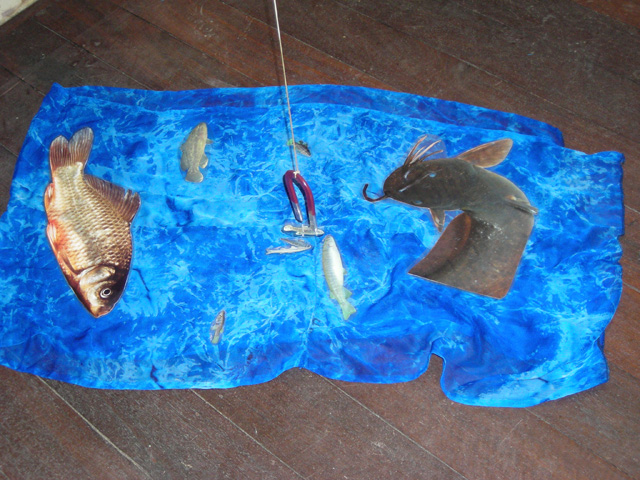
Go Fish!
(Yr 3 – Yr 12) | approx 1 hr
Students go ‘fishing’ and discover what fish are found in the freshwater sections of the rivers and other waterways around Perth. What affects our native fish is discussed and students help to create healthy fish habitat. What we can all do to look after our native fish and our waterways is also covered.

Clean Drains River Gains
(Yr 3 – Yr 12) | time may vary according to site
Students learn about catchments, pollution and algae with an emphasis on stormwater drains. Students will locate drains in the school grounds and then the Clean Drains River Gains message will be painted on them. Students will learn in detail how to keep our rivers healthy.

Planting Opportunities
(All Years) | Available June – October
Students get a chance to get dirty at a local rehabilitation site where they will plant local native species! The benefits of planting these species will be covered in detail including increasing biodiversity and improving the health of rivers and wetlands.
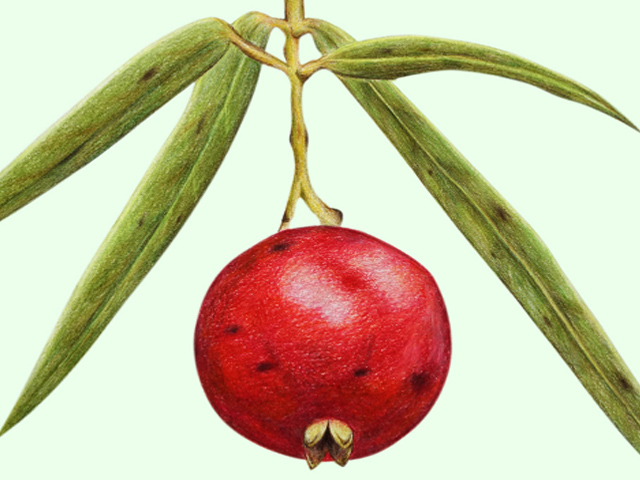
Bush Tucker!
(All Years) | approx. 1 hr
Students get hands-on with a range of local native plants to learn about growth, features and traditional uses; whether it is for medicine, tools or food. Students also learn about the Noongar seasons and how the traditional landowners used the various plants at different times of the year.

River Friendly Cleaning
(All Years) | approx. 1 hr
Students learn that there are alternatives to toxic cleaning products which are better for our health and the environment. Students clean with these alternatives which were used by our great grandparents.
Resource sheets
Our Rivers Need You!
A fun colouring in worksheet that explains where nutrients comes from, how it affects our rivers and what we can do about it.
Our Rivers Need You! Worksheet
Where Does the Water Go?
A fun colouring in worksheet which shows where water from our houses and our street drains flow to.
Where Does the Water Go? Worksheet
Buyer Beware – Read the Labels!
A worksheet designed to make the student think about how different products are marketed.
Buyer Beware! Worksheet
Clean Drains River/Wetland Gains
More fun colouring-in sheets about drains and frogs.
Clean Drains River Gains worksheet
Clean Drains Wetland Gains worksheet
Please Don’t Feed Us
A fun colouring-in sheet about why we should not feed bread to water birds.
Please Don’t Feed Us! Worksheet
The Great Algae Growing Exercise
A fun scientific activity where students discover what makes algae grow.
The Great Algae Growing Exercise
Phosphorus Use Around The Home
A questionnaire worksheet to be completed at home with the help of parents. It helps makes families think about how much phosphorus they may be putting into the environment.
Phosphorus Use Around the Home
Our Waterways Need You To Help Stop Algal Blooms
A worksheet to help students think about what activities they and their families do that may contribute to algal blooms and what they can do to prevent them.
Our Waterways Need You! Worksheet
Creative Activities
Suggestions for students to participate in a fun phosphorus activity!
Creative Activities worksheet
How You Can Fertilise Wise
A fun colouring-in sheet that gives tips on how we can Fertilise Wise in our gardens.
How You Can Fertilise Wise Worksheet
Go Fish! –
How I Can Protect Our Native Fish
A worksheet to help students think about what activities they and their families do that may affect native fish and what they can do to protect them.
Go Fish! Worksheet


